Towards more courageous decision-making

At the IKEM Annual Conference on October 19, renowned experts presented their climate protection strategies for road freight transport. The presentations and subsequent discussions highlighted the challenges currently facing the industry and the urgent need for clear guidance and support from policymakers. IKEM Director Prof. Dr. Michael Rodi “On the one hand, road freight transport […]
Strategies for the expansion of electric road systems in Europe
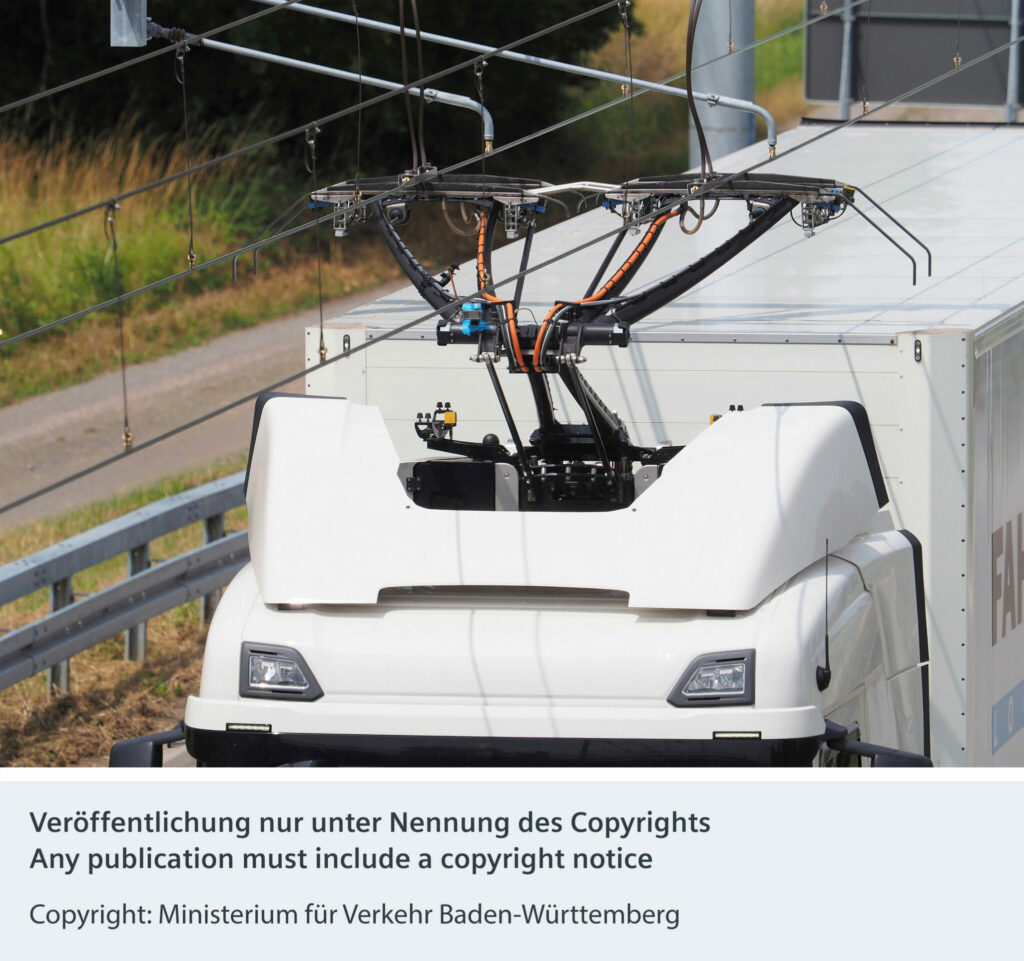
Electric road systems (ERS) are infrastructures – such as overhead lines or inductive charging technologies – that enable electric vehicles to be supplied with energy while driving. These systems have the potential to help reduce greenhouse gas emissions from transportation, particularly in heavy freight transport. As part of the CollERS2 project, the Institute for Climate […]
Improve German government’s commitment to the Federal Climate Protection Act
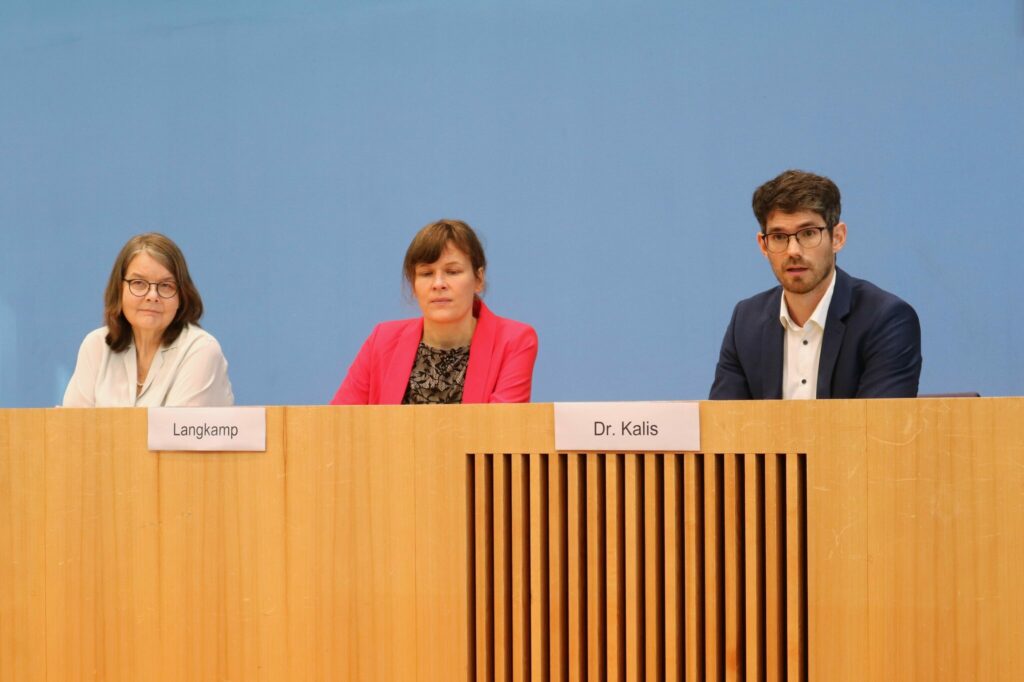
Germany has failed to meet its legally mandated climate targets for several years in a row. German federal governments have repeatedly violated the Climate Protection Act, submitted inadequate climate action programmes and failed to meet deadlines. On behalf of Klima-Allianz Deutschland, IKEM has conducted a study presenting strategies to improve the governance of the Federal […]
Considering procedural privileges in conjunction with acceptance

The third edition of the IKEM publication series has been published by Springer. Dr. Ilka Dörrfuß’s dissertation uses the practical example of “grid booster” to address a central challenge of climate protection and the energy transition: How can urgently needed measures be implemented more quickly without jeopardizing social acceptance? Energy transition projects and other climate […]
Electric energy billing for overhead line trucks

Overhead lines on highways are a promising approach to decarbonise heavy freight traffic. In a new study, IKEM has examined the legal framework with regard to the billing of energy consumption and the integration of overhead line trucks into the energy market. In the ongoing research projects AMELIE 2 and ELISA II-B, actor models have […]
International Maritime Organization strengthens climate protection
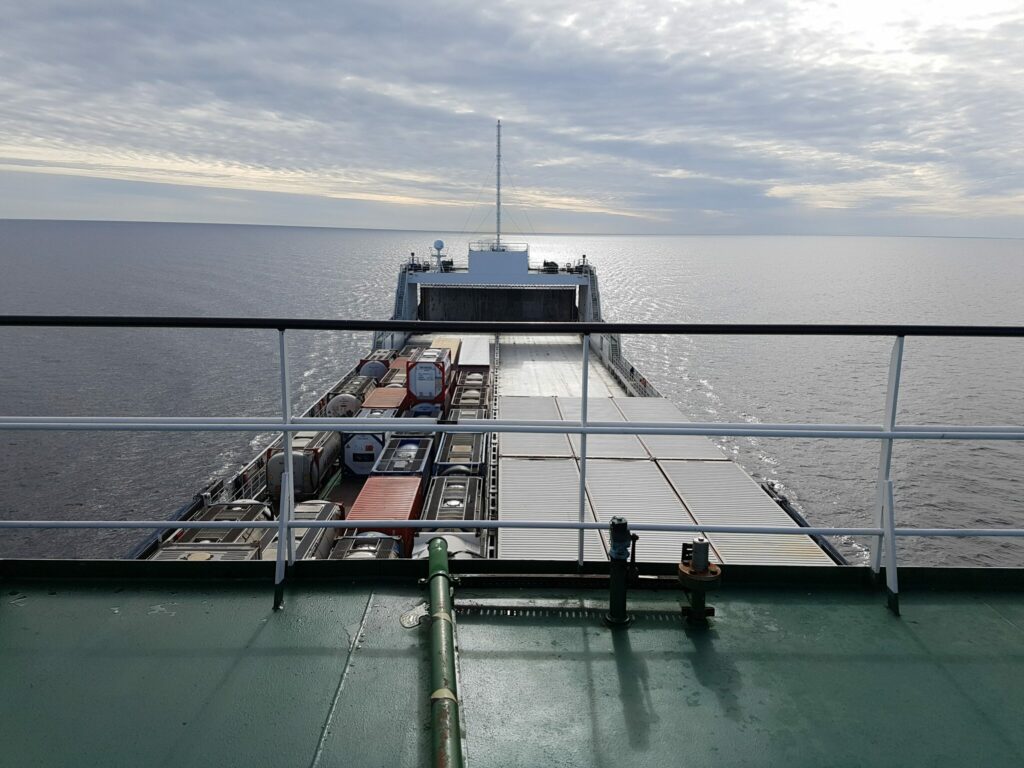
In order to reduce greenhouse gas emissions from shipping, the International Maritime Organization (IMO) has revised its climate protection strategy. With the 2023 strategy to reduce greenhouse gas emissions from ships,[1] the IMO is setting more ambitious targets than before. IKEM welcomes this decision, but in the following statement urges additional efforts towards the 1.5 […]
Transformative strategies for a climate-positive planet
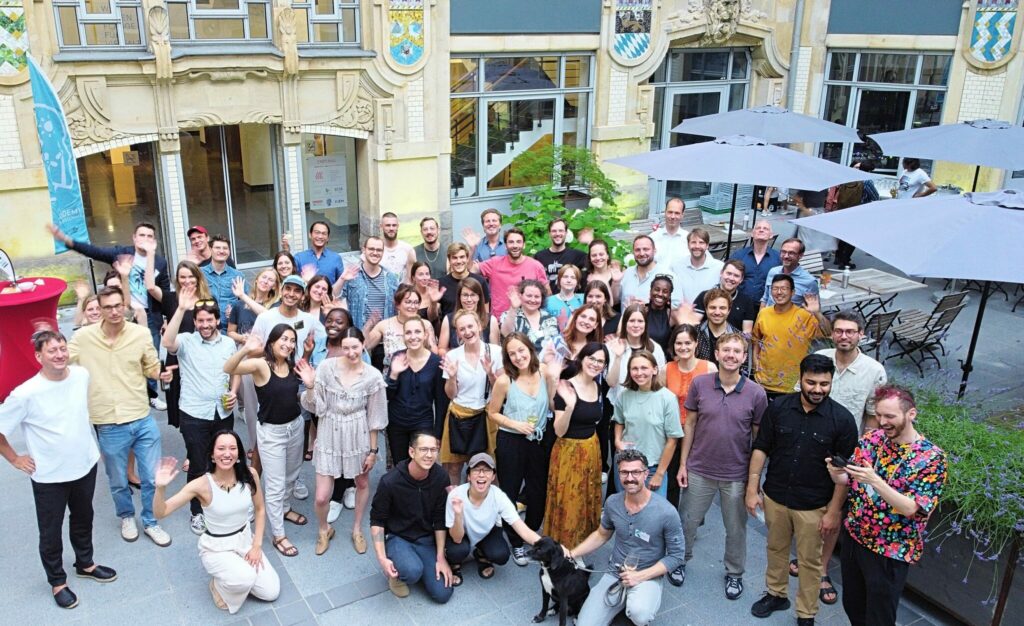
The 20th annual IKEM Academy ‘Energy and Climate’ brought together 38 participants from 21 countries in Berlin on 3-7 July to develop common ideas for paths towards a climate-positive planet. The workshops, lectures and excursions unpacked innovative ideas and strategies to reach our climate targets on time, from policy and litigation to participation and science […]
Green ammonia as an essential component of the energy transition
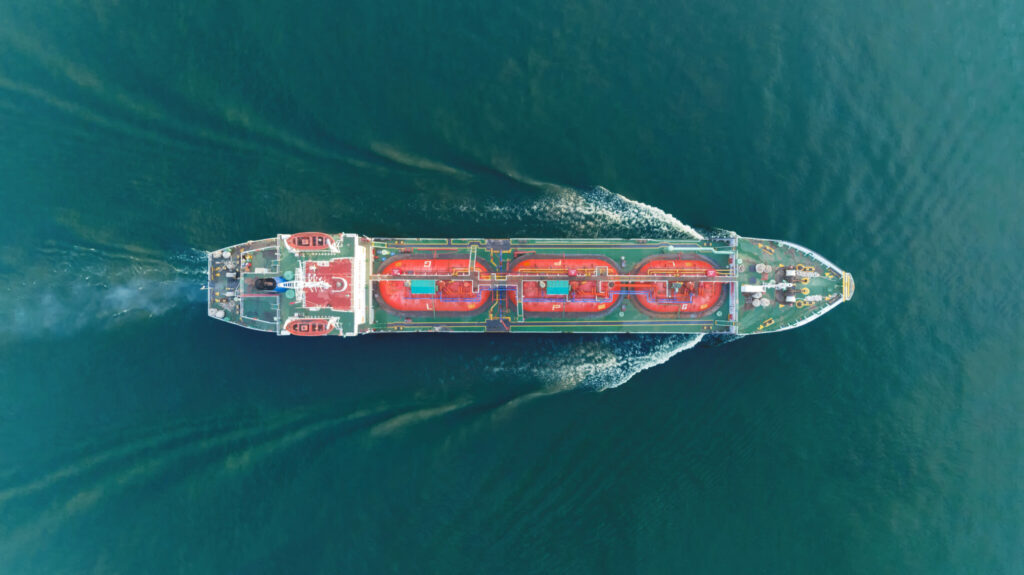
In the CAMPFIRE project, the Institute for Climate Protection, Energy and Mobility (IKEM) has published studies on the potential of green ammonia for the decarbonization of various sectors in Germany and Europe, and on the approval of ammonia-powered inland vessels. “Ammonia is in many ways a prime candidate to reduce greenhouse gas emissions from our […]
Expertise for climate action and the reconstruction of Ukraine
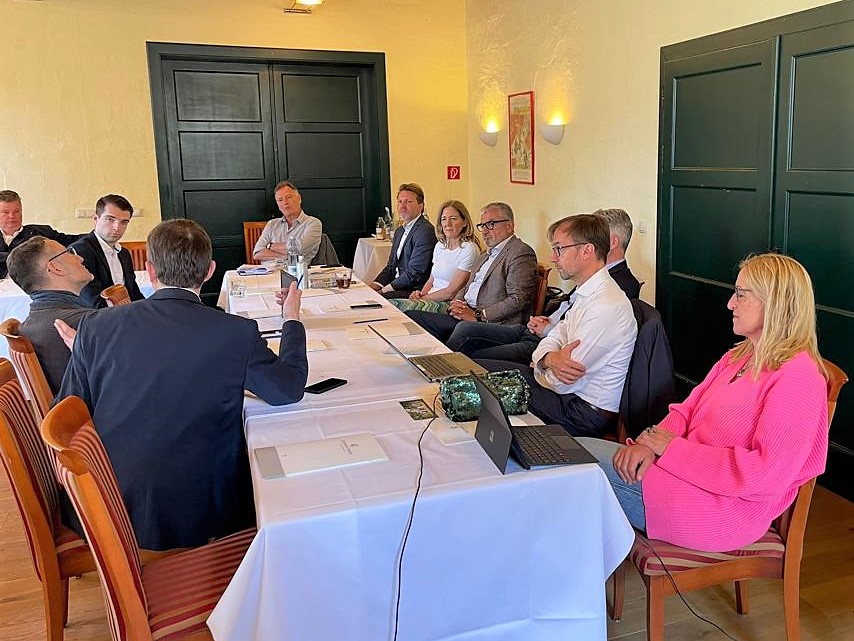
The Institute for Climate Protection, Energy and Mobility (IKEM) has appointed new members to its scientific and strategic advisory board. Thirty distinguished representatives from politics, business and academia will work with the Institute over the next three years to help identify research topics and implement projects – such as the development of a roadmap for […]
Diversity, sustainability and interdisciplinary solutions

The Mobility department is dedicated to the challenges associated with advancing digitalization and the development of autonomous vehicles. Other focal points include the transition to the use of alternative driving systems and fuels for transportation with as few greenhouse gas emissions as possible, innovative mobility concepts, the design of sustainable logistics, as well as the […]

